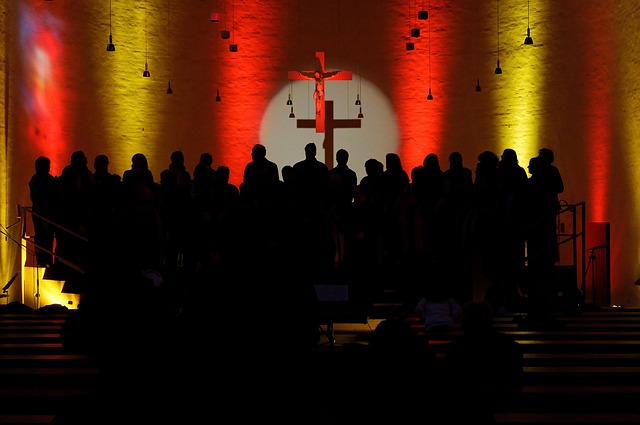The power of music transcends spoken language, touching the soul in a singular way. In numerous faith traditions, choirs play an indispensable role, harmonizing communal beliefs and fostering a deeper connection with the divine. Within various religious practices, choirs serve not just as a musical ensemble but as a vital ritual that binds congregants together in a shared spiritual journey.
Imagine stepping into a place of worship, the air thick with expectation. As the congregation gathers, the choir stands ready at the altar, cloaked in robes that symbolize unity and reverence. Their voices, when combined, create an ethereal sound that transcends the mundane, lifting hearts and minds to a higher realm. Choirs embody the collective expression of faith, channeling the sentiments of the participants into a melodic unity that resonates deeply within every listener.
Across various religions, from Christianity to Judaism, Islam to Hinduism, the role of choirs is pivotal. In Christian traditions, choirs often take center stage during worship services, leading hymns that narrate the core tenets of faith. The sound of familiar hymns can evoke emotions ranging from joy to solemn reflection, helping congregants find solace and hope. This ritualistic participation not only enhances the worship experience but also reinforces community bonds.
Meanwhile, in Judaism, choirs contribute to the beauty of prayer and song in synagogue services. The melodies of traditional prayers can evoke a deep sense of nostalgia and connection to Jewish heritage, as each note carries the weight of history and culture. Here, the choir becomes a bridge between ancient practices and contemporary worship, offering a captivating narrative that enables congregation members to explore their spirituality anew.
Islamic traditions also embrace the beauty of choral sounds through the recitation of the Quran, though more often in solo performances. These recitations can sometimes evolve into group settings where multiple voices intermingle in a harmonious display of faith. The vocal emphasis on the beauty of the Arabic language serves as a powerful reminder of the sacredness of the text, drawing listeners into a profound communal experience of worship.
Similarly, in Hindu ceremonies, choirs participate in devotional songs known as bhajans or kirtans, which celebrate the divine and invite congregants to join in the expression of their faith. The rhythmic beats and melodies used in these rituals create a spiritual atmosphere conducive to both individual reflection and group participation. It’s a vibrant celebration of life, tradition, and devotion, where choirs lead the way in praise and adoration.
Throughout these diverse practices, the act of choral singing extends beyond mere melody. It shapes spiritual identity and fosters communal ties within faith communities. When individuals sing together, they create shared memories and experiences that reinforce their beliefs. Each note harmonizes not only with the others but also with the very essence of their faith, encapsulating a powerful testament to the human spirit’s unity in pursuit of a collective purpose.
Ultimately, choirs foster an environment where individuals can explore their spirituality in a supportive community, making music not just an art form but a heartfelt ritual that encapsulates the essence of faith. As voices blend, hearts connect; in this sonic tapestry, the sacred is celebrated, and the divine becomes palpable. The ritual of choir is not merely about singing; it is a transformative journey that resonates within the soul, harmonizing our individual paths with the greater tapestry of life and faith.




